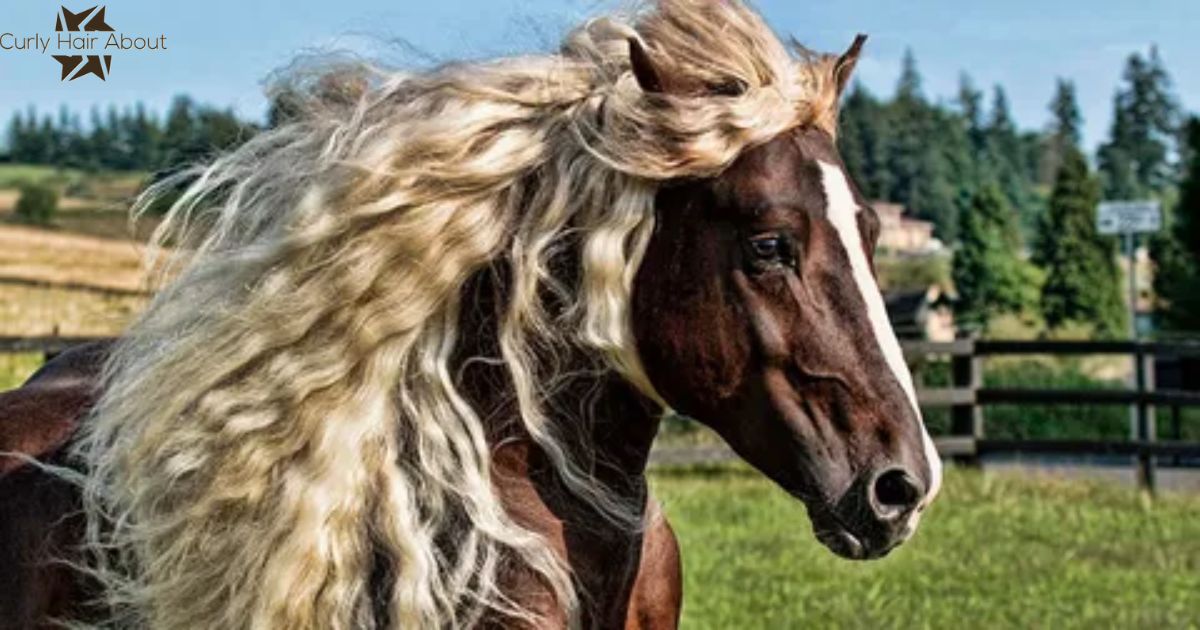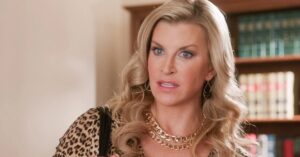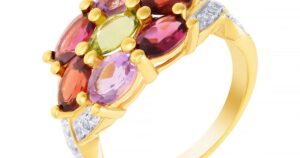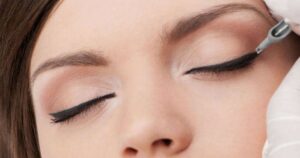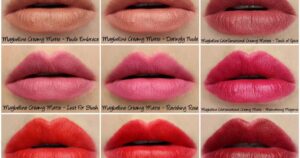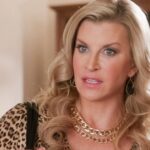Curly hair in horses is a rare but naturally occurring trait found in breeds like the American Curly Horse and Bashkir Curly. It results from genetic factors and can vary in intensity affecting the mane tail and body coat making these horses unique and distinctive.
Unlock the fascinating world of equine diversity Ever wondered if can horses have curly hair? Dive into the enchanting realm of curly-haired breeds like the American Curly Horse and discover the unique beauty that sets them apart from the rest.
Can Horses Have Curly Hair?
Curly hair in horses is a distinctive and rare trait found in certain breeds such as the American Curly Horse. This unique characteristic influenced by genetic factors manifests in the mane tail and body coat adding a touch of individuality to these equine companions.
Can horses be born with curly hair?
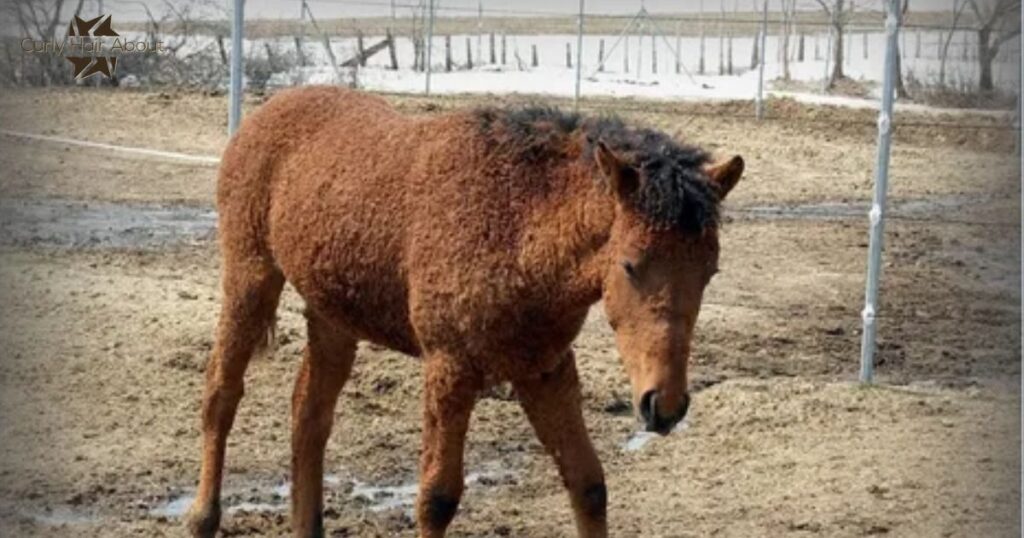
Yes, horses can indeed be born with curly hair and it’s a fascinating genetic trait. Some breeds like the American Curly Horse display this unique feature from birth. The curls may be present not only in the mane and tail but also in the body coat.
It’s a charming and distinctive quality that sets these horses apart creating a visual appeal that captures the attention of horse enthusiasts. This genetic variation adds a touch of individuality to each horse making them stand out in the equestrian world.
The curls whether subtle or pronounced showcase the intriguing diversity found within different horse breeds and contribute to the beauty of these magnificent animals.
Types of Horse Hair
Here’s a simple table outlining different types of horse hair
| Type of Horse Hair | Characteristics |
| Mane and Tail Hair | Typically, long and flowing; varies in color and texture |
| Body Coat Hair | Mainly straight; provides insulation and protection |
| Curly Hair (Genetic Variation) | Occurs in breeds like American Curly Horse, Bashkir Curly |
| Whorls | Circular patterns on the body coat; unique to each horse |
| Fetlock Hair | Feather-like hair around the lower leg joint |
| Ergots | Tufts of hair on the back of the fetlock |
| Vibrissae (Whiskers) | Sensitive facial hairs aiding in sensory perception |
| Forelock | Hair on the front of the horse’s face, above the eyes |
Curly-Haired Horse Breeds
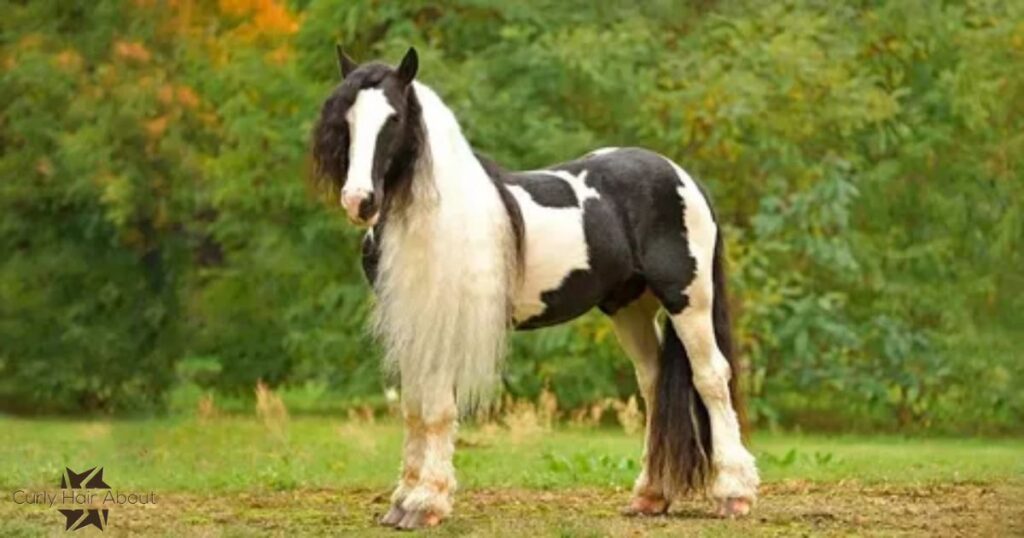
Curly-haired horse breeds like the American Curly Horse and the Bashkir Curly boast a charming and distinct appearance with their curly manes and tails. These horses known for their friendly nature come in a variety of coat colors and patterns.
Beyond their eye-catching looks some curly-haired breeds such as the American Curly are even recognized for being hypoallergenic making them an appealing choice for riders with sensitivities.
The delightful combination of unique aesthetics and amiable personalities makes curly-haired horse breeds a standout and endearing presence in the equine community.
curly hair horse disease
There is no known specific disease associated with curly hair in horses. In fact curly hair in horses is often a genetic trait rather than a symptom of an underlying health issue.
Breeds like the American Curly Horse and Bashkir Curly naturally possess curly hair and it’s considered a unique and desirable characteristic.
While some individual horses may have curly hair due to genetic factors it’s crucial to differentiate between naturally occurring traits and actual health problems.
If a horse exhibits unusual changes in its coat or other concerning symptoms it’s recommended to consult with a veterinarian to rule out any potential diseases or health issues.
Environmental Factors
Environmental factors significantly impact a horse’s coat health and appearance. High humidity may result in frizzy or curly hair while dry climates can lead to coarser coats.
Sun exposure can cause color changes necessitating proper shelter and grooming for coat protection. Seasonal changes play a role too winter prompts thicker coats for insulation while warmer weather triggers shedding.
Responsible horse care involves recognizing and managing these environmental influences ensuring the horse’s well-being and maintaining a healthy vibrant coat.
Grooming and Care
Grooming and care are vital components of ensuring a horse’s well-being and establishing a strong connection between the horse and its owner. Regular grooming goes beyond enhancing the horse’s physical appearance it plays a crucial role in promoting overall health. Brushing the coat removes dirt debris and loose hair preventing potential skin issues and fostering a shiny, healthy coat. Moreover it allows caretakers to inspect the horse’s skin for cuts bumps or abnormalities enabling early detection of any health concerns.
Addressing the horse’s hooves mane and tail is integral to comprehensive care. Regular hoof cleaning and trimming contribute to the horse’s comfort and help prevent issues such as lameness. Mane and tail care involve practices like detangling braiding or using conditioning products to maintain healthy and manageable hair.
These grooming routines not only have cosmetic benefits but also actively contribute to the horse’s overall physical well-being.
Uses of Curly-Haired Horses
Curly-haired horses, such as the American Curly Horse and Bashkir Curly have historical significance as prestigious gifts among royalty due to their distinctive appearance. Today these breeds showcase their versatility in various equestrian disciplines standing out in shows and exhibitions with their unique curls garnering admiration from spectators and judges alike.
In addition to their role in competitions, curly-haired horses play a crucial part in therapeutic riding programs. Renowned for their gentle nature, these horses create a calming and enjoyable environment especially for individuals with special needs.
The distinct touch of a curly coat enhances the sensory experience, making these equines not only remarkable companions but also therapeutic allies promoting physical and emotional well-being.
Challenges and Considerations
Caring for horses with curly hair, including understanding how fast does curly hair grow, involves its own set of challenges and considerations. One key aspect is grasping the rate of growth, as this directly impacts the potential for matting within the curls. Meticulous grooming becomes essential to prevent discomfort for the horse, particularly in addressing the specific growth patterns of curly hair.
Additionally certain skin conditions may be more prevalent in curly-haired horses, necessitating regular checks and appropriate care.
Moreover, grooming can be a bit tricky as traditional brushes may not work as effectively on curly coats. Horse owners need to be mindful of the specific needs of these unique coats to maintain the overall health and well-being of their curly-haired companions.
Despite these challenges the distinctive beauty of curly-haired horses makes the extra care and attention well worthwhile for those who appreciate the charm of these exceptional equines.
FAQ’s
Can horses with curly hair be kept in different climates?
Yes, while they may have unique coat considerations, curly-haired horses can adapt to various climates with proper care.
Can the curls in a horse’s coat change over time?
In some cases, the intensity of curls may change with age or environmental factors.
Can a horse’s diet influence the condition of its curly hair?
Yes, a balanced diet contributes to overall coat health, including that of curly-haired horses.
Is curly hair a hereditary trait in horses?
Yes, curly hair is often passed down through specific genetic factors.
re there health concerns associated with curly-haired horses?
While not directly related to the curls, some curly-haired horses may be prone to specific skin conditions that require careful monitoring.
Is curly hair in horses a common trait?
No, it’s relatively rare. Only certain breeds or individual horses within a breed exhibit this distinctive curly coat.
Final thoughts
the presence of curly hair in horses adds a captivating layer to the rich tapestry of equine diversity. While not a common trait across all breeds the uniqueness of curly-haired horses exemplified by breeds like the American Curly Horse provides enthusiasts with an opportunity to appreciate the individuality within the equestrian world.
The distinct genetic factors shaping these curls coupled with the challenges and considerations in their care underscore the importance of understanding and embracing the exceptional beauty that curly-haired horses bring to the broader spectrum of horse breeds. In appreciating and caring for these horses, we celebrate the intricate variations that make each equine companion a remarkable and cherished part of the diverse horse community.

Matthew, an expert with 10 years of experience, is the author behind curlyhairabout.com, sharing valuable insights on curly hair care.
